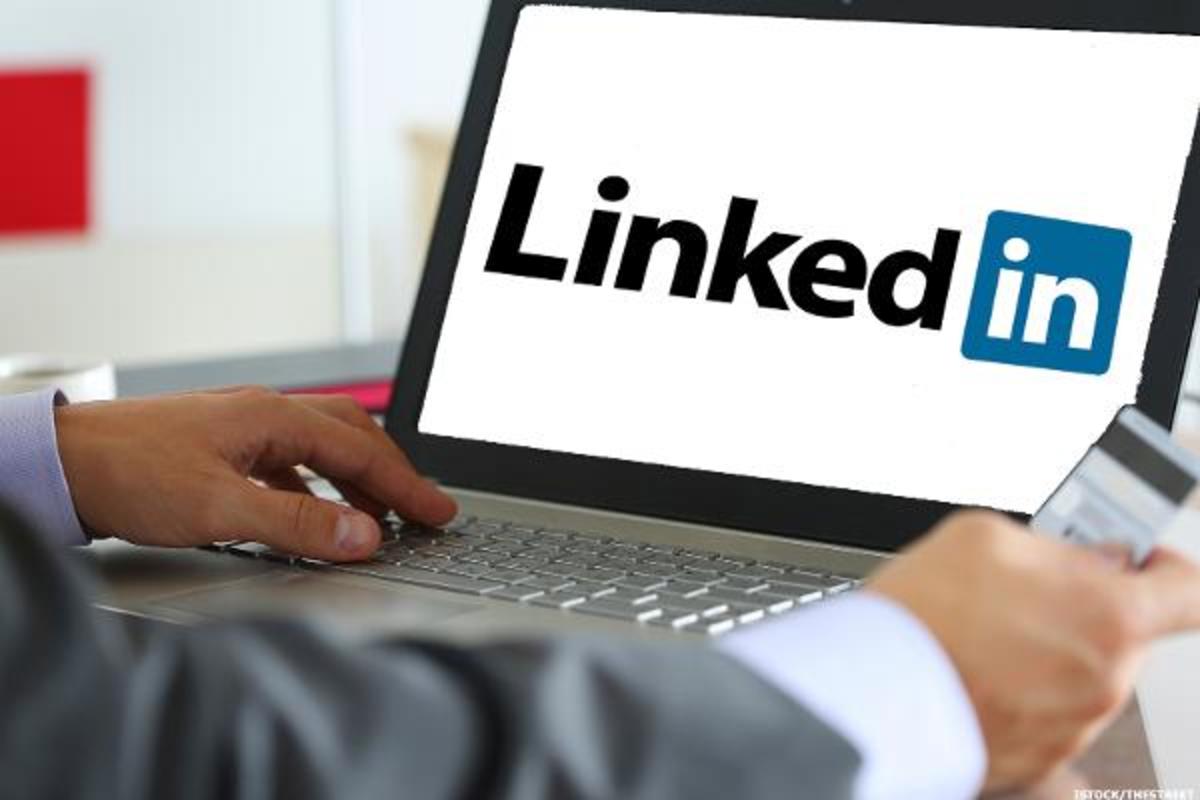
You have the resume and the experience, but how can you separate yourself from the rest of candidates vying for the jobs you're applying for? LinkedIn Career Expert Andrew McCaskill joined TheStreet to explain how you can make yourself more noticeable to employers on the networking site.
Related: Top skills to land a new job in 2024
Full Video Transcript Below:
CONWAY GITTENS: So how does the person make themselves stand out?
ANDREW MCCASKILL: I think number one is skills, skills, skills, skills. I say that all the time, but you really have to optimize your profile as well as your resume for skills. Most recruiters are sourcing talent based on skills. The other thing I would say is really optimize for your network, your network matters. Having someone that you know at a company, even if it's what we call a weak tie, not your work bestie or somebody that you work for directly. But even if you have a weak tie at a company where you're interested in finding work, you're much more likely to get a job there. So really optimize your network, reach, do things like reaching out for maybe a cold, not just do a cold email to somebody, but say, OK, I know you and somebody who works at this company. Maybe you can give me a warm introduction to that person and they're much more likely to engage with me.
The other thing is you've got to be really strategic about how you look for work. You can't just say I'm going to apply to everything and anything. Really start to look at those job descriptions and say, where are my skills matching up? Who do I know who works there? How can I write this email or write an application that makes it really easy for this recruiter? Do I already know exactly who my references are going to be? Am I able to answer and respond to these questions really well? You've got to stand out and be really strategic.
CONWAY GITTENS: So speaking of LinkedIn, we're all in this age of your personal brand. How does a job seeker leverage their personal brand better on Linkedin? To circle back to your comment about that human contact, getting that next job through human interaction, right?
ANDREW MCCASKILL: It's about your it's also about your network. Think about LinkedIn is that we are a professional network, right? So this is about your personal brand, but your personal brand of telling who you are as a professional. So thinking about, OK, what are companies that companies that I might want to go and work for, what's my industry, follow companies that you might want to potentially where you might potentially want to work for, search for things like the industry that you're currently in. So that you can stay current on news and information. The other thing that I think is really important for LinkedIn is as a professional network is you start to then think about how do these jobs that I'm seeing or these connections that I have, how do they set me up to then build a better strategy for my career? Right I think that that's one of the biggest things.
CONWAY GITTENS: And what about the actual postings that you post? You're looking for a job. So you're not just connecting with people. You want what you post to say something about you. So talk to me about that.
ANDREW MCCASKILL: Yeah so this is again, is your professional story, right? And so what I think you have to think about is, am I posting things that are germane to the work that I do every day? How does what I post showcase what I'm really good at, what I'm interested in, in my professional life? Right and maybe how do I then strike conversations with other people so that I can engage with people who are like minded? So when you make a post, make a post about something that's interesting in your industry, a data or a point or a stat that is really that you find fascinating. And then have a call to action at the end and say, join me in the conversation or what do you think about this.
Or post an article about something that's happening in your industry or something that maybe is happening in the role in the life of your company. Not every post has to be about you and how magnificent you are, but it's a great place to talk about your wins. And I think that people shouldn't shy away from that on there as you build that sort of brand. But I always think about a professional brand, your professional brand as like, what is your superpower, right? What is it something that you do incredibly well? Right and then how have you used your superpower at work or at church or in your volunteer life or as a community servant? Right and then in service to what. Because people want to be able to think about Drew's a storyteller, and he does corporate storytelling at work. He helps other people in their lives tell their story better and in service to what a lot of what I do is to help people do a better job at telling their story or shining a light on people whose stories don't often get told.







